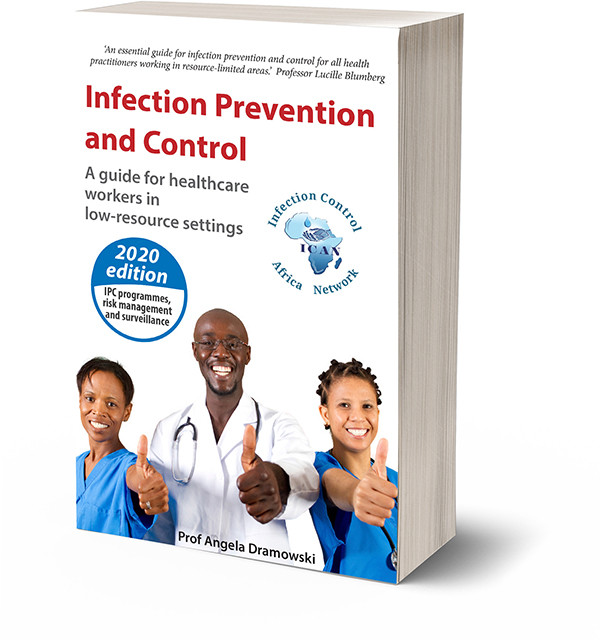Quiz 8: Palliative care
Please choose the one, most correct answer to each question or statement.
- What is palliative care?
- Primary care provided at a local clinic
- Poor care which is offered when the facilities and staff are not available to provide good care
- Care that aims at curing the patient
- Care that improves the quality of life of patients and their families facing the problems associated with a life-threatening illness
- What is the main aim of palliative care?
- To improve the quality of life and relieve symptoms
- To save money by keeping the patient out of hospital
- To remove the responsibility from the family by hospitalising the patient
- To transfer care from doctors to nurses
- When should palliative care start?
- As soon as the diagnosis is made that the illness is life-threatening and probably cannot be cured
- When the family accepts that the patient may die of the cancer
- On the day before a patient is discharged home from hospital
- Only when the patient is dying
- How do you gain a patient’s trust?
- By giving clear, strict instructions
- By promising that they will get better
- By good communication
- By bringing them sweets or small presents
- It is best to start a conversation by:
- Discussing the role of religion in palliative care
- Telling the patient about your experience with palliative care
- Talking about current news items on TV
- Asking the patient about their family or interests
- Pain is best assessed by:
- Asking the patient to describe their pain
- Counting the number of pain tablets remaining in the bottle
- Taking the patient’s pulse and temperature
- Speaking to the family
- If possible, pain medication should be given by:
- Applying an anti-inflammatory skin patch
- Slow intravenous injection
- Mouth
- Rectal suppositories
- The best medication for mild to moderate pain is:
- Morphine
- Aspirin
- Paracetamol (Panado)
- Steroids
- Ibuprofen (Brufen) for pain:
- Should be given once a day
- Has an added effect if given with paracetamol
- Is of little value as it is an anti-inflammatory
- Is usually used for severe pain
- How frequently should oral morphine be given?
- Four hourly
- Six hourly
- Eight hourly
- Whenever the patient has pain
- How should the dose of morphine be increased if the pain is not controlled?
- Double the dose
- Give the doses more frequently
- Take the medication in small sips over half an hour
- Calculate the new daily dose by adding the previous day’s regular doses to the extra doses needed
- How should the medication be given if the patient has difficulty swallowing tablets?
- Pass a nasogastric tube to give crushed tablets
- Use a liquid medication
- Give the medication by intramuscular injection
- Use a syringe driver to give the medication by continuous intravenous infusion
- How should a fungating wound be cleaned?
- With soap and water
- With surgical spirits
- With a saline or metronidazole (Flagyl) solution
- Mercurochrome or gentian violet
- Bedsores are caused by?
- Pressure on the skin and underlying tissues
- Malignant secondary deposits
- Infection with Staphylococcus
- Fungal infections
- Bedsores can be prevented by:
- Prophylactic antibiotics
- Keeping the patients nursed on their back
- Local antifungal cream
- Turning patients at least every 2 hours
- Constipation is best prevented with?
- Regular enemas
- Laxatives twice a day
- Adding fruit and fibre to the diet
- Not eating between meals
- Patients with breathlessness should be nursed:
- Lying flat on their backs
- In the semi-Fowler’s position
- Sitting upright
- Lying on their left side
- What may help nausea?
- Drink water with meals
- Eat more fatty foods
- Stay in bed
- Have frequent small snacks
- Psychosocial problems:
- Should only be managed by a social worker
- Can often be improved by a primary care nurse
- Are best ignored as they usually cannot be solved
- Are uncommon in patients if they are cared for in hospital
- Which topics are best not discussed when counselling a patient?
- The financial implications to the family
- Sexuality
- Spiritual needs
- The patient should feel free to discuss any concern

